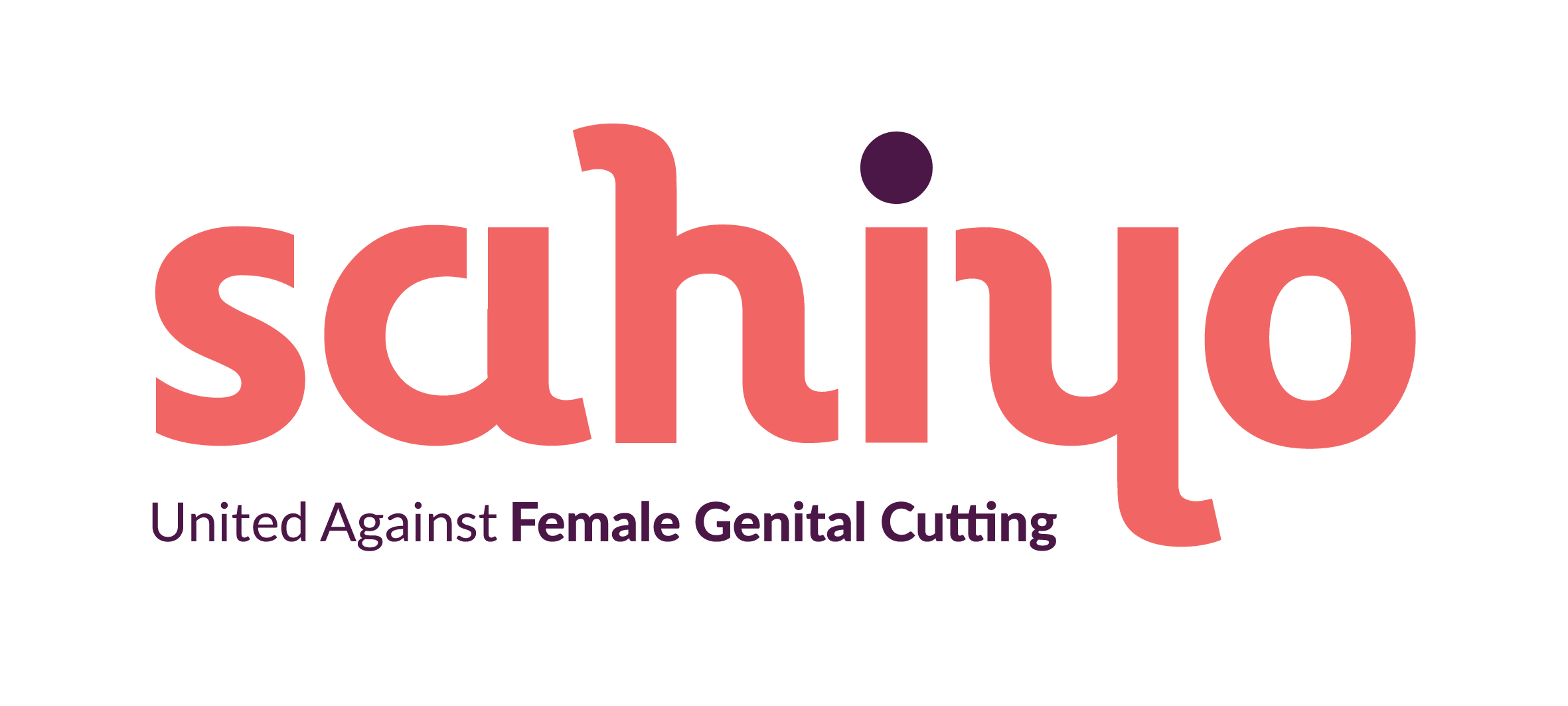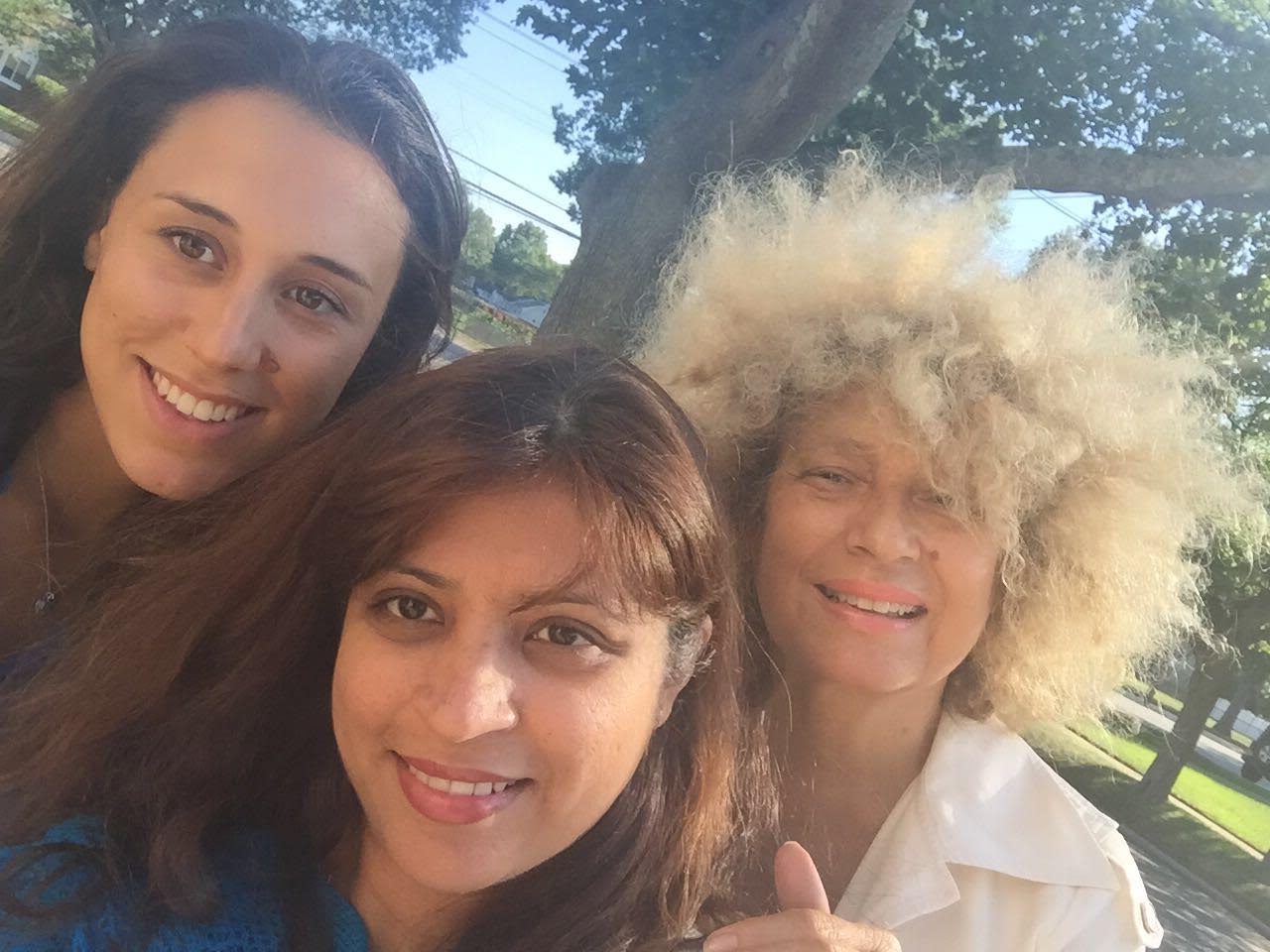on 5 FEBRUARY, 2016. Republished here with permission.)
Country: Singapore
Community: Malay
By: Filzah Sumartono
So I was talking to my friend the other day and I brought up the issue of sunat perempuan or female genital mutilation/cutting (FGM/C). And my friend seemed pretty nonchalant about it.
Yeah, well…it’s something that is done when the child is very young, all kids have to do it, right? – No, only Malay kids. – Yeah, okay, so what’s the problem? I think there are bigger problems out there.
Well, the problem to me is that sunat perempuan is something that does not need to be done. There’s no medical basis for it, it’s not something that is taught in medical school, there are no health benefits from it. By cutting the child, you’re taking away something from the child that is not yours to take in the first place. And all this because of some vague notion of “culture” or to “prevent promiscuity” or a misunderstanding of “religion” or a misunderstanding of how the female body works.
I recently found out that someone I know sent her infant daughter to be cut. My heart broke when I heard the news. It doesn’t matter if the procedure that is done in Singapore is “just a small cut” or “won’t hurt very much”. The very idea that something is wrong with female reproductive organs or that it is not good enough the way it is and that it has to be cut reflects a deep-rooted idea that girls and women have to be controlled and subjected to many restrictions and etc.
Sunat perempuan is no different from other forms of violence against women. It is just one of the many ways society tries to control the female body, sexuality and being. In our Malay community, we begin the process at infancy. To not see it as a problem is to deny that this is part of a bigger picture of how society condones violence against women and removes women’s rights to live on their own terms.



